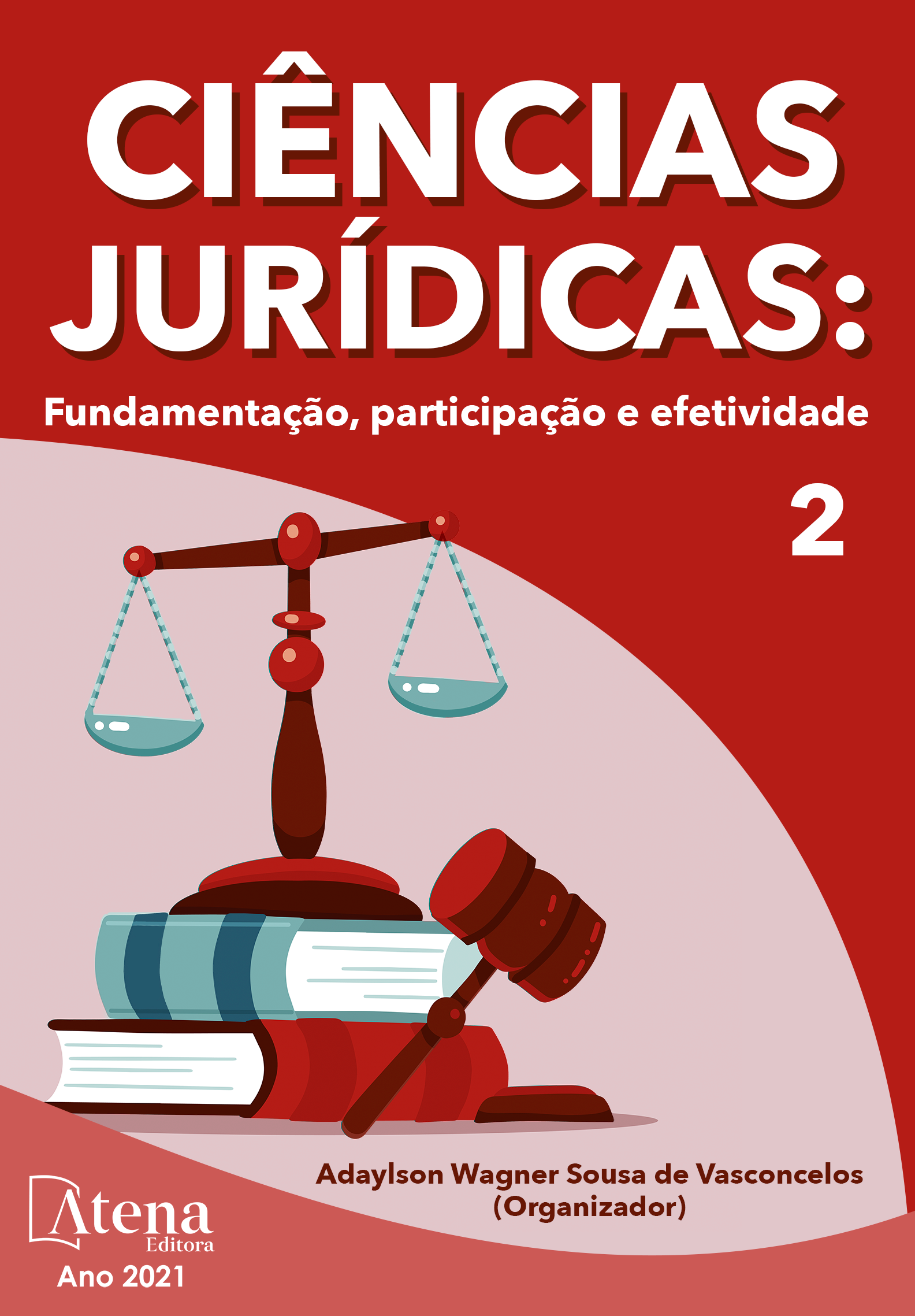
DIREITO PENAL DO AUTOR: O INIMIGO AINDA É O MESMO?
O presente artigo tem como problemática as manifestações que demonstram a tendência da política criminal em punir de forma mais intensa e severa os crimes praticados por pessoas das classes sociais menos privilegiadas socioeconomicamente, sendo os delitos de drogas e patrimoniais – notadamente cometidos com violência ou grave ameaça - aqueles objeto de maior e especial atenção no que tange ao tratamento mais gravoso quando cotejados com outros delitos que não os praticados costumeiramente por estas classes, mas por aquelas dominantes, os famigerados “crimes do colarinho branco”. A hipótese aventada é a de que há um recorte de classe, e que os crimes considerados atinentes às castas mais abastadas recebem um tratamento mais ameno em relação aos praticados pelas classes mais baixas, numa verdadeira manifestação do direito penal que pune o autor por ser quem é, sob o pretexto de o punir pela prática da conduta. A metodologia adotada foi o estudo da legislação penal e o conhecimento empírico advindo dos autores da obra, esses, operadores do Direito, adentrando ao mundo do saber-poder de mãos dadas com o pensamento crítico indutivo.
DIREITO PENAL DO AUTOR: O INIMIGO AINDA É O MESMO?
-
DOI: 10.22533/at.ed.9062115062
-
Palavras-chave: Política criminal; direito penal do – autor - inimigo; criminologia
-
Keywords: Criminal policy; criminal law of the - author - enemy; criminology
-
Abstract:
The present article has as its problematic the manifestations that demonstrate the tendency of the criminal policy to punish more intensely and severely the crimes committed by people from the socially less privileged social classes, being the crimes of drugs and property - notably committed with violence or serious threat - those object of greater and special attention with regard to the most serious treatment when compared with crimes other than those usually practiced by these classes, but by those dominant, the infamous “white collar crimes”. The hypothesis suggested is that there is a class cut, and that the crimes considered pertaining to the more affluent castes receive a milder treatment in relation to those practiced by the lower classes, in a true manifestation of the criminal law that punishes the perpetrator for being who it is, under the pretext of punishing him for the practice of conduct. The adopted methodology was the study of the penal legislation and the empirical knowledge coming from the authors of the work, these, operators of the Law, entering the world of the knowledge-power hand in hand with the inductive critical thinking.
-
Número de páginas: 9
- MARCELO BESSA
- PEDRO PATEL COAN


